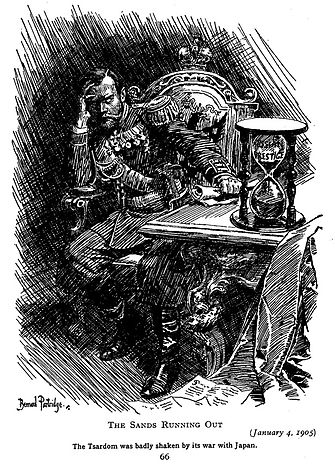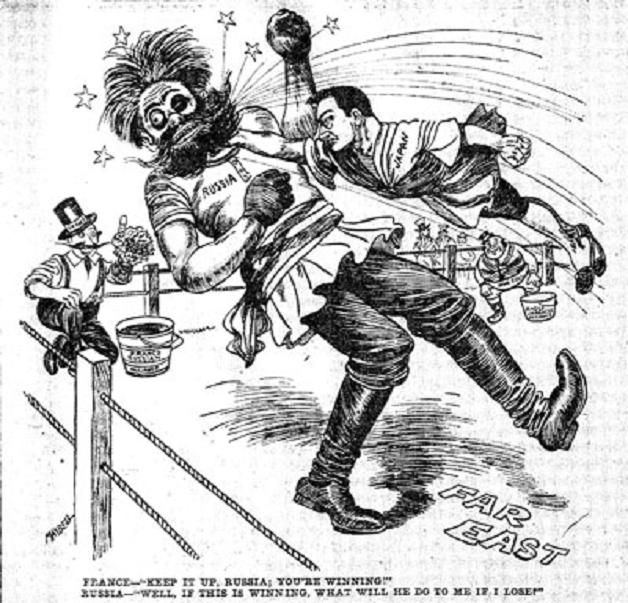This is from the perspective of someone who is not very well versed in Russian history, but could the tsar have survived the storm that came in 1917, and if not, when were the final steps taken on the path of the fall of the regime?
If needed I can elaborate and precise my question.
Personally I'm pretty much against the concept of things being inevitable, but its something that I'm a bit curious about and so seek the wisdom of more learned minds.
If needed I can elaborate and precise my question.
Personally I'm pretty much against the concept of things being inevitable, but its something that I'm a bit curious about and so seek the wisdom of more learned minds.




